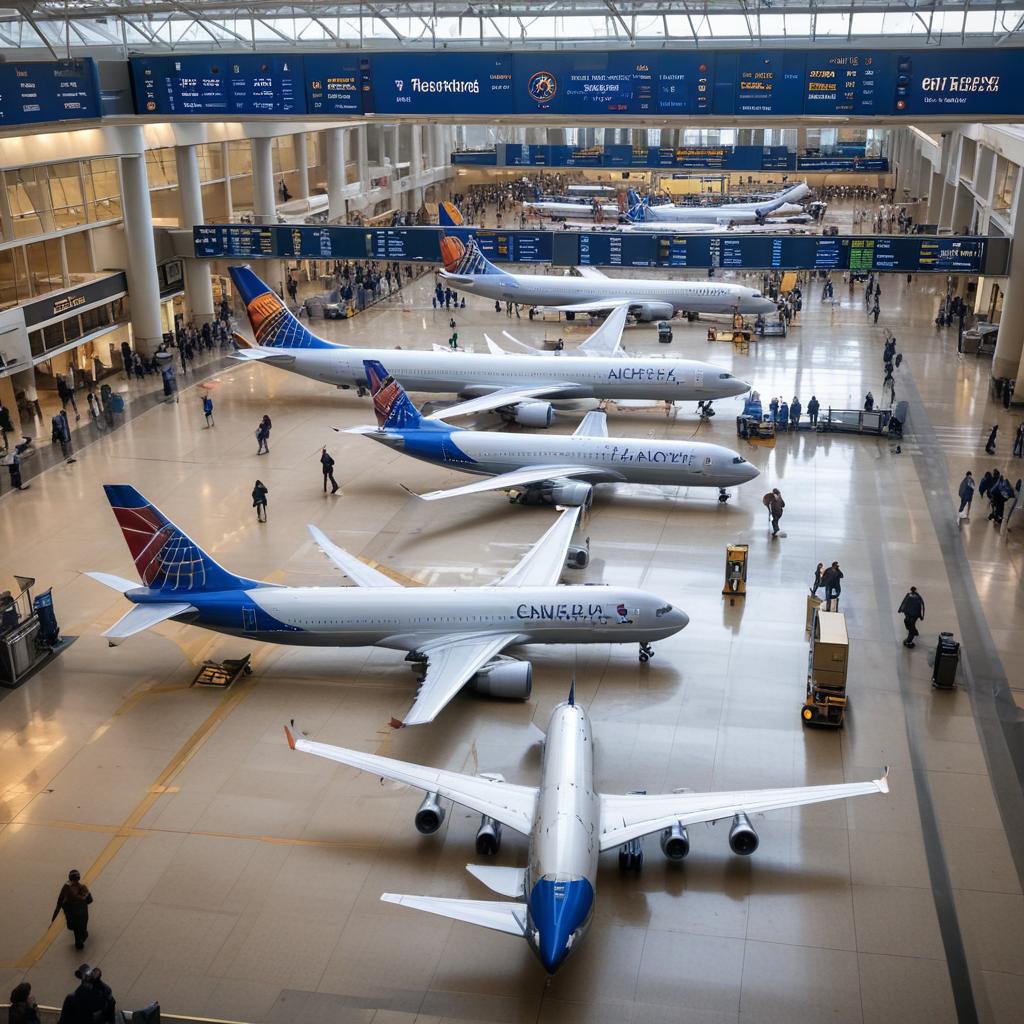The ongoing government shutdown is forcing hundreds of flight cancellations at major U.S. airports this weekend, driven by FAA-mandated service reductions and air traffic controller staffing shortages. This escalating crisis is disrupting travel plans and sparking fears of wider economic impacts, including higher shipping costs and blows to tourism, with disruptions expected to intensify.
Hundreds of flights at the busiest airports in the U.S. are being canceled this weekend as airlines reduce air service due to the lingering government shutdown. The Federal Aviation Administration’s (FAA) mandated slowdown, which began Friday, has not yet caused widespread disruptions but has intensified the impact of what is now the nation’s longest federal shutdown. On Friday, over 1,000 flights were canceled, followed by nearly 900 on Saturday, a typically slower travel day. Charlotte, North Carolina, was the hardest-hit airport, with 120 canceled flights by midday Saturday, while airports in Atlanta, Chicago, Dallas, Denver, and Orlando also faced significant disruptions. Staffing shortages in Charlotte and Newark, New Jersey, further slowed traffic. While not all cancellations are solely due to the FAA order, and these numbers represent a small portion of overall flights, they are expected to rise. The FAA stated that reductions, impacting all commercial airlines, began at 4% of flights at 40 targeted airports and will increase to 10% by next Friday. Transportation Secretary Sean Duffy warned that more flight cuts might be necessary if the shutdown continues and more air traffic controllers are absent. The primary cause for these cancellations is air traffic controllers working without paychecks for nearly a month, leading many to call in sick and exacerbating existing staffing shortages. Many controllers are reportedly working mandatory overtime six days a week without pay, with some taking second jobs. While most passengers on Friday were able to quickly rebook, uncertainty about future cancellations remains. Not everyone has the means to handle last-minute disruptions, with some travelers canceling flights altogether and rental car companies reporting a sharp increase in one-way reservations. Beyond air travel, analysts warn of significant economic impacts. Nearly half of all U.S. air freight is shipped in the bellies of passenger aircraft, meaning major flight disruptions could lead to higher shipping costs passed on to consumers. Experts predict a "cascading effect" if the slowdown continues, impacting everything from tourism and manufacturing to hotel and city taxes, with particular concern for the period approaching the Thanksgiving holiday.



